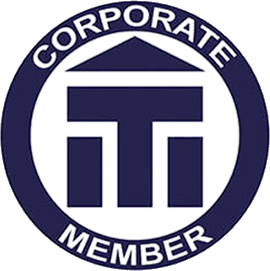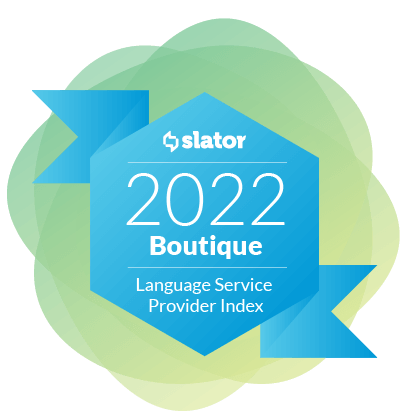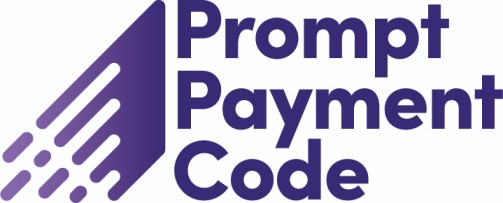How to take your SEO Strategy International | Atlas Translations
Bilingual SEO – How to Take Your Strategy International
If you’re looking at taking your SEO strategy to an international level – to achieve growth – there are multiple factors you should be considering in order to get the best out of your website. Internationally, there are a wide options of search engines available. While globally, most users are likely to be using either Google or Bing, if you’re from China you’re likely to opt for Baidu as it will only return Chinese domains. For the same reason, users in Russia may be using Yandex. These search engines will define the traffic that clicks through to your site – it may be worth researching what contributing factors affect the SERP of each of these if they’re markets you wish to target.

Google Analytics and Market Finder will help you find where your users are hailing from, what they’re looking for, and will give you good insights into the best markets for your business internationally. The right data is the best starting point before launching any internationally focused strategy. This article will talk you through the 5 must-have analytics tools for your ecommerce business. With the right data at your fingertips, you’re then better placed to learn how to take your SEO strategy international.
Here are some factors that you can consider:
- Audit your website
- Ensure mobile compatibility
- Declare local variants using HREF
- Manage your website’s duplicate content
Audit Your Website
Without a thorough technical audit of your website, you might not have the relevant and most informative data that will enable you to improve its search engine compliance. You should always be ready to adopt new technologies to ensure your website isn’t left behind.
Our specialists analyse over 115 different SEO factors when auditing a site. These factors cover all bases, from usability to content to link authority. Whenever you’re thinking of adapting your SEO strategy, the best starting point should always be a thorough audit.
Ensure Mobile Compatibility
The way mobile search works has also had an impact and is a primary contributing factor to SEO ranking. In March of 2018 Google updated its indexing method to index mobile sites first. A mobile site now appears in a different layout to its desktop counterpart – in the best cases. These layouts are to enhance usability, and if your mobile site fails to adhere to these new requirements, it will not rank competitively.
Besides, the speed of your mobile site will now affect your SEO ranking cross-platform. If your mobile site underperforms, you may find your desktop site suffers in conjunction.
When you consider that 48% of consumers start any mobile search with a search engine, that could be a significant traffic loss. Therefore, in the current climate, where there are more mobile searches than desktop, not thinking about your mobile usability can be highly detrimental.
Declare Local Variants Using HREF
You should declare your local variants using the code HREFLANG; your web developer will be able to guide you through this.
In essence, if you have content that appears on both the English and French versions of your website, search engines won’t know which URL to rank. This confusion can have different outcomes, either the search engine won’t include one of the variants, or they’ll all be considered duplicate content, and they won’t rank at all.
By including the correct code for your site, you’re telling the search engine that the content is for different geolocations. So, when your English user clicks through to your site, they’ll be met with the English language and GBP, and besides, your French user will be met by the same content when they click through but in the French language with Euros as the currency.
Putting it simply, the more a search engine understands a website and sees relevant content for the users’ search, the better it will rank. Know your customer geographic, target the right keywords and follow the above steps to ensure your SEO strategy is well informed.
Manage Any Duplicate Content
Lastly, when Google, or any search engine, crawls your site, it wants to know the exact location of the content it wants to show the user. If your site offers too many different opportunities to access the same content, search engines may not be guiding the user to the right page. These multiple opportunities can be particularly damaging if you have low-quality pages that offer your user very little, showing up in the search results.
If you’re looking for help with your site’s SEO, the friendly experts at Footprint Digital are here to help! Whether you’re looking to delve into the international market, or just looking to make more conversions – get in touch today!














